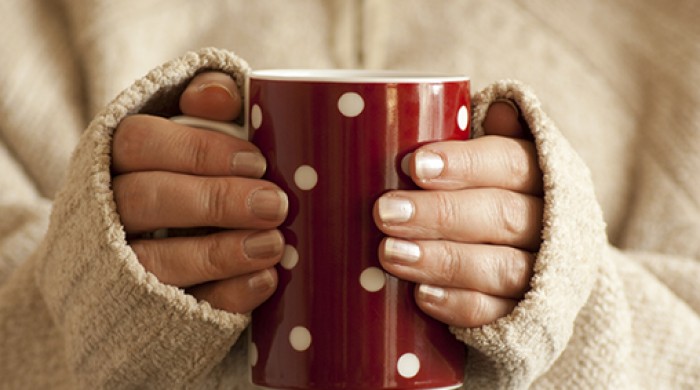This is a guest post. All views contained herein are those of the author and do not necessarily represent the views of Western Washington Medical Group.
The long chilly months of winter are perfect for curling up indoors and hibernating with a book, lounging in front of the TV, eating comfort foods—maybe candy left over from holiday celebrations— and drinking lots of spiced lattes. These cloudy days and swirls of snow make us all sleepy and snoozy and—exactly what we don’t want to be this season!
It’s a well known fact that bulky winter sweaters weren’t just designed to keep us snuggly warm during the winter months. They also hide those extra pounds that we pack on, our dreaded winter weight gain! But we aren’t bears—scientists have no evidence that people experience the similar ‘hunger hormone’ that hibernating animals do. So why do we still seem to add extra padding to our snow suits? Here are some reasons why:
You Ate Your Way Through Christmas
Remember all those delicious meals, the unending chain of finger foods finding their way from platter to mouth? Many people take the holidays off when it comes to watching what they eat, and pay the price for it later. Research by Dr. Yoni Freedhoff shows that we tend to gain between one and three pounds between late November and January. This may not seem like much, considering how many cookies you ate, but these are the sort of pounds that we don’t ever seem to shed, so each year we see that scale creeping higher and higher.
Winter Blues
Seasonal affective disorder (SAD) is a type of depression that affects people over the winter, especially in areas that get little sunlight. That doesn’t sound like a place anyone of us might live in, does it? We all know that food itself is commonly used for comforting people who are feeling despondent, as it actually impacts the brain in a way similar to drugs. People who use food as a antidepressant medication often find themselves self-medicating from November to the early months of spring. That gives them a lot of time to pack on pounds, and not much energy to shed them off again.
Couch Potato Syndrome
While winter sports enthusiasts are certainly the exception to this rule, the majority of us tend to stay cooped up indoors during the winter months, trying to stay warm. If you’re not one of the brave charging down mountain slopes, but rather one of the many who’d prefer to grab a book, a glass of wine and blanket, you are less likely to work off any of the food you’re eating. Winter activities, whether skiing or simply building a snowman with the kids, help to keep our bodies active. Not only does this burn calories, it also helps curb our appetites and increases a positive outlook.
Need some winter workout ideas? Look for our next post on creative family fitness!
